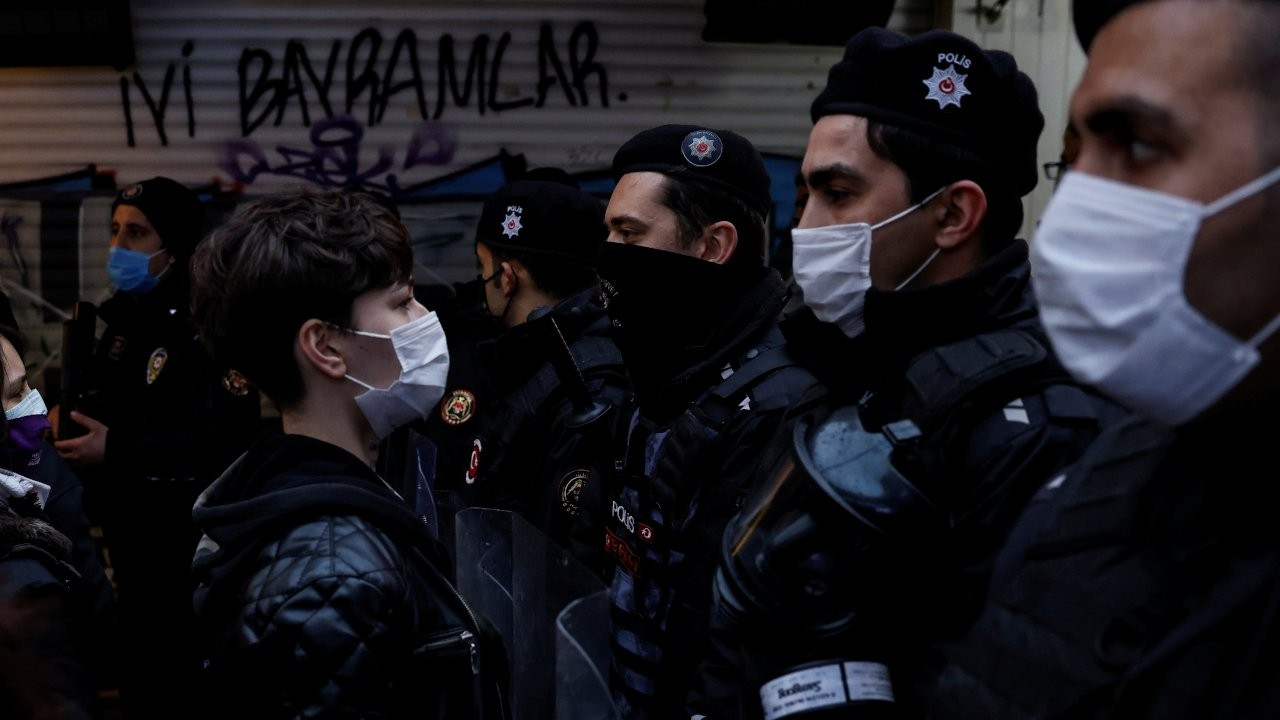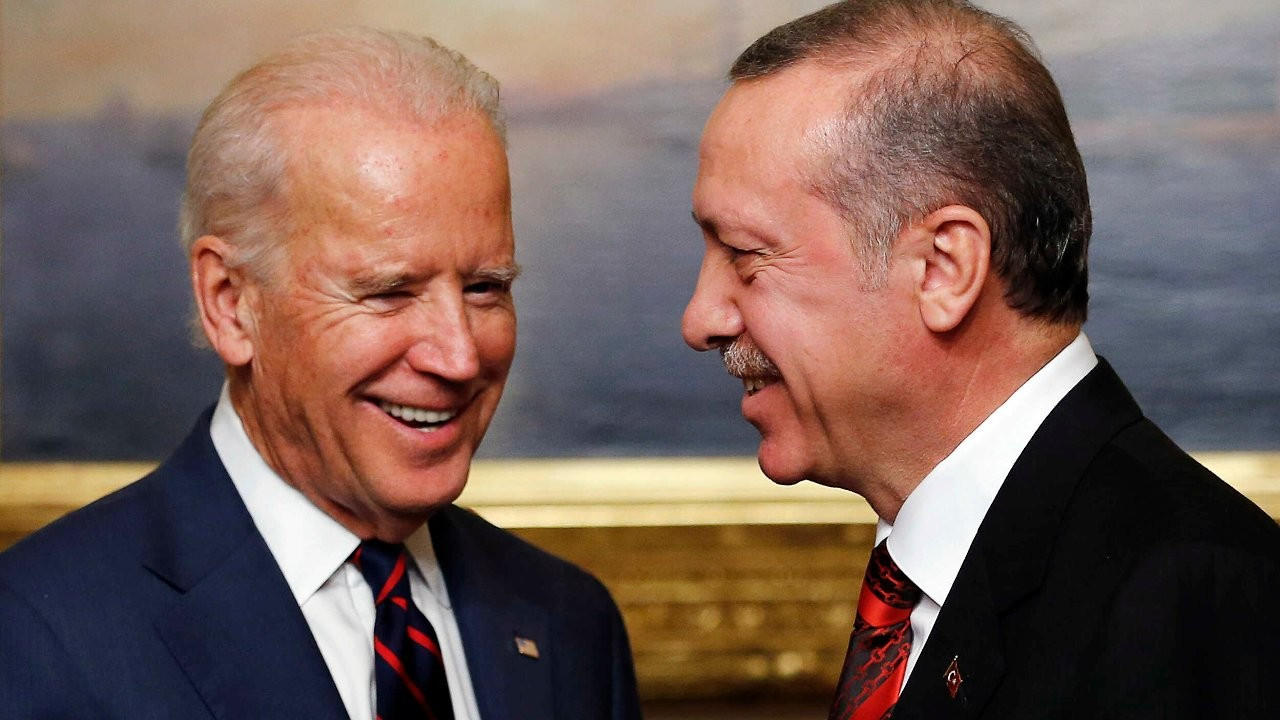NATO must keep Turkey close despite differences, Blinken says
U.S. Secretary of State Antony Blinken has said that NATO must keep Turkey close despite their differences. "Turkey is a long-standing and valued ally," he said, adding that the differences "are no secret."
Duvar English
The NATO alliance can emerge stronger after a period of internal divisions and must keep Turkey at the heart of transatlantic ties, U.S. Secretary of State Antony Blinken said on March 23.
Blinken said that, despite public differences with Ankara, the United States and NATO had a strong interest in keeping Turkey anchored in the alliance.
“It’s no secret that we have differences with Turkey, including over the S-400s, and including certain actions that it has taken, including in the eastern Mediterranean," Blinken said before a NATO meeting of foreign ministers, referring to Turkey's purchase of the S-400 missile defense systems from Russia and the tension between the European Union and Ankara in the eastern Mediterranean.
“It’s also no secret that Turkey is a long-standing and valued ally and one that I believe we have a strong interest in keeping anchored to NATO. And I believe that’s also in Turkey’s interest as well," he said.
The first top U.S. official to visit NATO since President Joe Biden took office in January, Blinken said the alliance was at a pivotal moment but could emerge stronger after internal disputes over Turkey and Russian gas.
"I've come here to express the United States' steadfast commitment [to NATO]," Blinken told reporters as he met NATO Secretary-General Jens Stoltenberg. "The United States wants to rebuild our partnerships, first and foremost with our NATO allies, we want to revitalize the alliance."
Blinken said China's military rise and Russia's attempts to destabilize the West were threats that required NATO to come together, urging Turkey in particular to embrace the 30-member nuclear alliance.
Having already bought Russian weapons, Turkey briefly blocked NATO defense plans in 2019 and launched an offensive on U.S.-backed Kurdish militants in Syria, prompting French President Emmanuel Macron to assert that NATO was "experiencing brain death."

 Biden deems Turkey's withdrawal from Istanbul Convention 'deeply disappointing'Diplomacy
Biden deems Turkey's withdrawal from Istanbul Convention 'deeply disappointing'Diplomacy We must acknowledge history: Biden administration on Armenian GenocideDiplomacy
We must acknowledge history: Biden administration on Armenian GenocideDiplomacy Erdoğan 'not thrilled' about not having received phone call from BidenDiplomacy
Erdoğan 'not thrilled' about not having received phone call from BidenDiplomacy